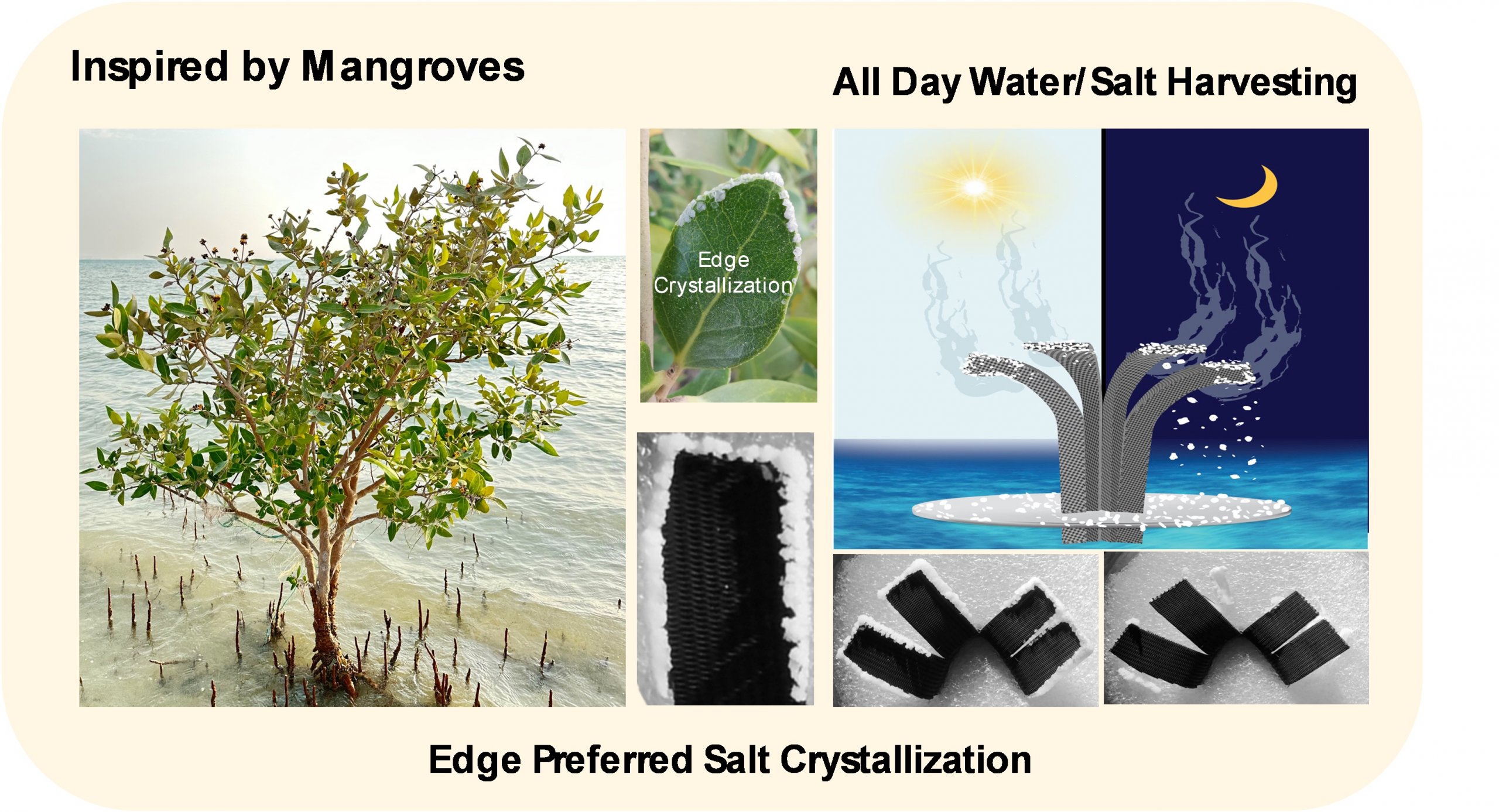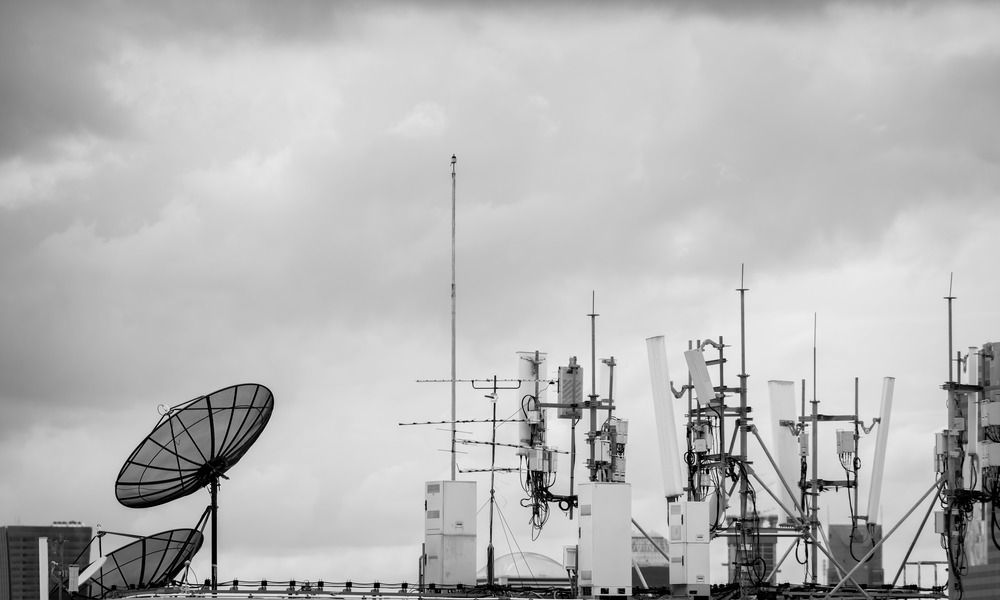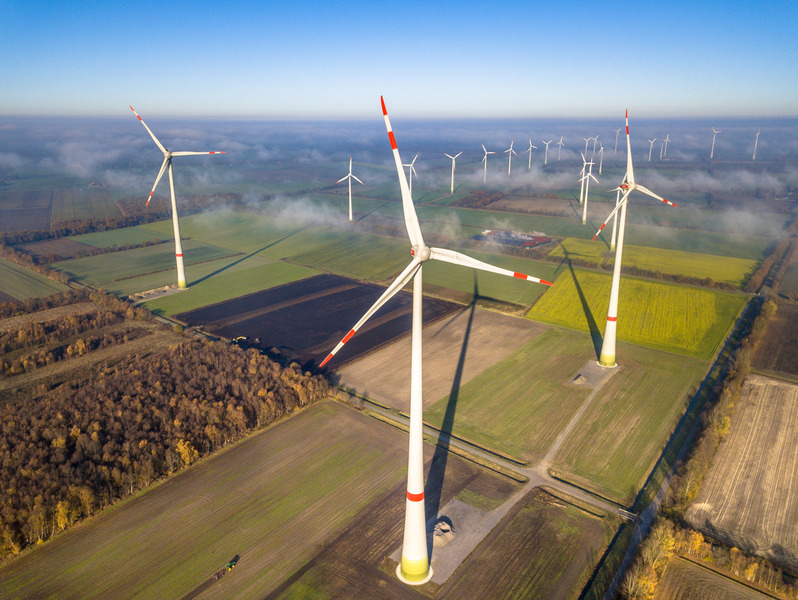
By Dr. Lamya N. Fawwaz
Iqra, the order to read, has been treasured by the Arab world from the time it was commanded of the Prophet Mohammed (peace be upon him).
Since then our understanding of the value and importance of reading has only grown. Reading is an unparalleled source of knowledge that expands minds, feeds creativity, enriches culture and develops intellect.
The UAE leadership has continued to cherish and honour reading with its emphasis on literacy and education. The President, Sheikh Khalifa, has declared 2016 the Year of Reading, while Sheikh Mohammed bin Rashid, Vice President and Prime Minister and Ruler of Dubai, launched the Arab Reading Challenge last year, which has received international recognition. When announcing the Year of Reading, Sheikh Khalifa explained that reading is “the basic skill for a new generation of scientists, intellectuals, researchers and innovators”.
What these initiatives and Sheikh Khalifa’s message underscore is that reading, in particular the ability to read and understand scientific content known as science literacy, is critical for the country’s continued development and prosperity. Being able to understand the value of the sophisticated national strategies the UAE leadership has deployed to transform the country into a knowledge economy will help ensure that the citizenry supports this transformation.
Enhancing science literacy will also ensure greater public engagement in the knowledge sectors proposed for diversifying the economy. The sectors targeted through various national strategies, including renewable energy, transport, education, health, technology, water, space, petrochemicals, metals, defence and telecommunications, all require highly educated and trained professionals. By linking the Year of Reading to development of future scientists, researchers and innovators, our leaders have highlighted the fact that the more children engage in science through reading, the more young people will pursue science-related studies to go on to become high-tech professionals.
Increased science literacy will also increase the baseline knowledge and understanding of science in the population, so that families support the Stem-related activities of their young people, which research has shown is often a critical factor in determining educational and career paths.
As one of the country’s leading research institutions, Masdar Institute has been a strong supporter and pioneer in advancing science literacy. Since the start of classes in 2009, our faculty and researchers have shared their research explorations in the world’s leading science journals. Publishing research results is a key aspect of membership to the global scientific community, as it allows researchers to receive valuable critiques, inspire others and ensure the accuracy of research findings.
As such, our focus on high-value publications resulted in the institute being ranked the top Arab university for the effect of its research citations by the 2015 US News and World Report rankings, which measures the quality of publications in which its researchers publish their work. Since then, Masdar Institute has added to its tally of publications, exceeding 1,000 in peer-reviewed journals.
Furthermore, Masdar Institute recognises that real science literacy encompasses the entire community – men and women, young and old – which is why we focus our science literacy efforts beyond the academic community through a news website, newsletter and social media platforms. We have also put particular focus on providing scientific content in Arabic.
The MI News website is the first of its kind in the UAE, where the research activities and achievements of advanced academia are explained in simple language for the general public, while our Innovation Forward newsletter, to which anyone can subscribe, sends the month’s most interesting stories directly to subscribers’ inboxes for easy access.
And in recognition of the importance of speaking to people on their preferred platforms and in their preferred language, we share stories from local Arabic newspapers and popular social media platforms. This way we ensure there is no gap between the country’s Arabic and English speakers in developing their understanding and love of science.
With our leadership’s support to scientific innovation in universities such as Masdar Institute and public engagement through increased science literacy, we can be confident that the UAE will have all the elements to solve critical sustainability challenges in our region and the wider world.
I invite all of you to get involved in the country’s science literacy efforts by visiting Masdar Institute News, subscribing to Innovation Forward and sharing your favourite innovation stories with us on social media. Let us all work together to ensure the UAE’s Year of Reading has the most meaningful effect.
Dr. Lamya N. Fawwaz is the vice president for institutional advancement and public affairs at Masdar Institute of Science and Technology.
This op-ed originally appeared in print in The National on 07 November 2016.






